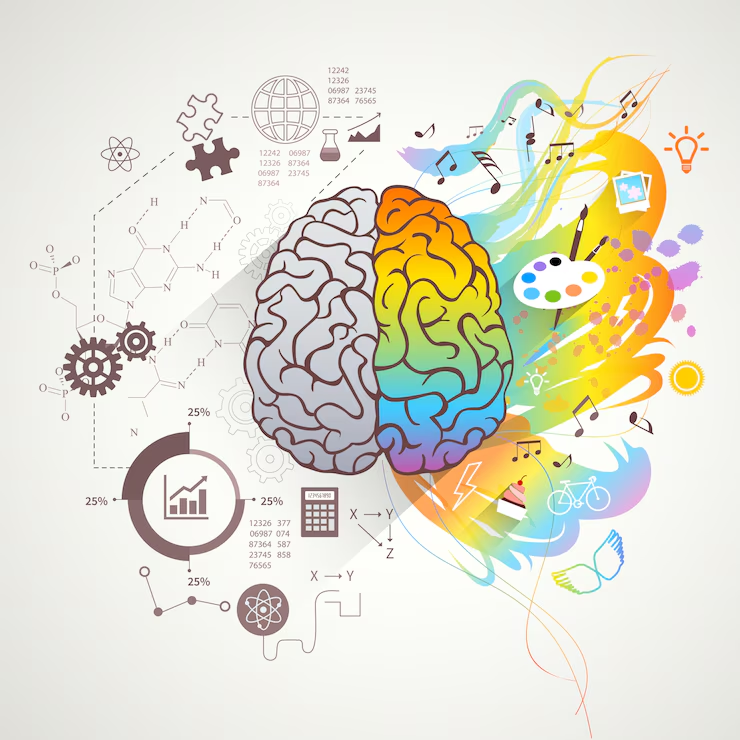
Beyond the Genius Narrative: The Silent Struggles of Neurodivergent Lives
When we talk about neurodiversity, what comes to mind?
Do you picture a genius, a trailblazer, someone who defied the odds and reshaped the world?
We often hear about Albert Einstein, Elon Musk, and others whose neurodivergent traits are credited for their success. But is this the whole story?
While these narratives inspire, they also create a misconception—that neurodivergence is only valuable when it leads to brilliance.
What about those for whom neurodivergence means a daily battle for survival? What about the ones who are struggling in silence, seeking help but not finding it?
The Reality of Unmet Needs
Neurodivergence is not just about unique abilities; it is also about the immense challenges that come with it.
Think about the autistic child who is non-speaking and struggles with severe sensory overload, leading to frequent meltdowns in a world that refuses to accommodate them.
Or the adult with ADHD who cannot hold a job due to executive dysfunction, facing rejection at every turn. Then there are those with intellectual disabilities or severe mental health conditions who require constant care, often falling through the cracks of inadequate support systems.
Have you ever stopped to consider how many neurodivergent individuals are left without the care they need?
How many families are struggling behind closed doors, their challenges unseen and unacknowledged?
The Problem with the Genius Narrative
The widespread focus on neurodivergent success stories creates a dangerous misconception: that neurodiversity is valuable only when it leads to extraordinary achievements.
But what happens to those who don’t fit into this mold? Should their struggles be ignored simply because they are not considered “exceptional”?
The truth is,
Many neurodivergent individuals need more than just acknowledgement; they need tangible support. Access to healthcare, inclusive education, workplace accommodations, financial assistance, and societal acceptance are critical.
But when the dominant narrative revolves around genius, the urgent needs of those who are simply trying to survive are overshadowed.
A Call for Change
It’s time to shift the conversation. We must recognize that neurodivergence exists on a vast spectrum, where some thrive while others suffer immensely. Advocacy must not only focus on celebrating neurodivergent strengths but also on addressing systemic failures that leave so many behind.
What can we do?
Governments, institutions, and communities must work towards providing real support—affordable therapies, inclusive education, workplace flexibility, and caregiver resources.
More importantly, what can you do? Whether it’s amplifying the voices of those who struggle, supporting policies that provide better care, or simply educating yourself and those around you, every action counts.
Neurodiversity is not just about extraordinary minds. It is about human lives, all of which deserve dignity, care, and opportunity—regardless of their ability to redefine the world.
So let’s start asking the right questions: Who are we leaving behind? And how can we change that?
Recent Posts
Recent Comments
Recent News
- A Parent’s Guide to Supporting Your Neurodivergent Person during Festivals 25 Sep, 2025
- Disability Rights and the Power of the Identity Card in Nepal 24 Sep, 2025
- Echoes of Miracle 24 Sep, 2025
- Top Autism Support Tools Nepali Families Are Using Today (And What the World Still Offers) 18 Sep, 2025
- How Assistive Technology is Transforming Autism Care 28 Aug, 2025
